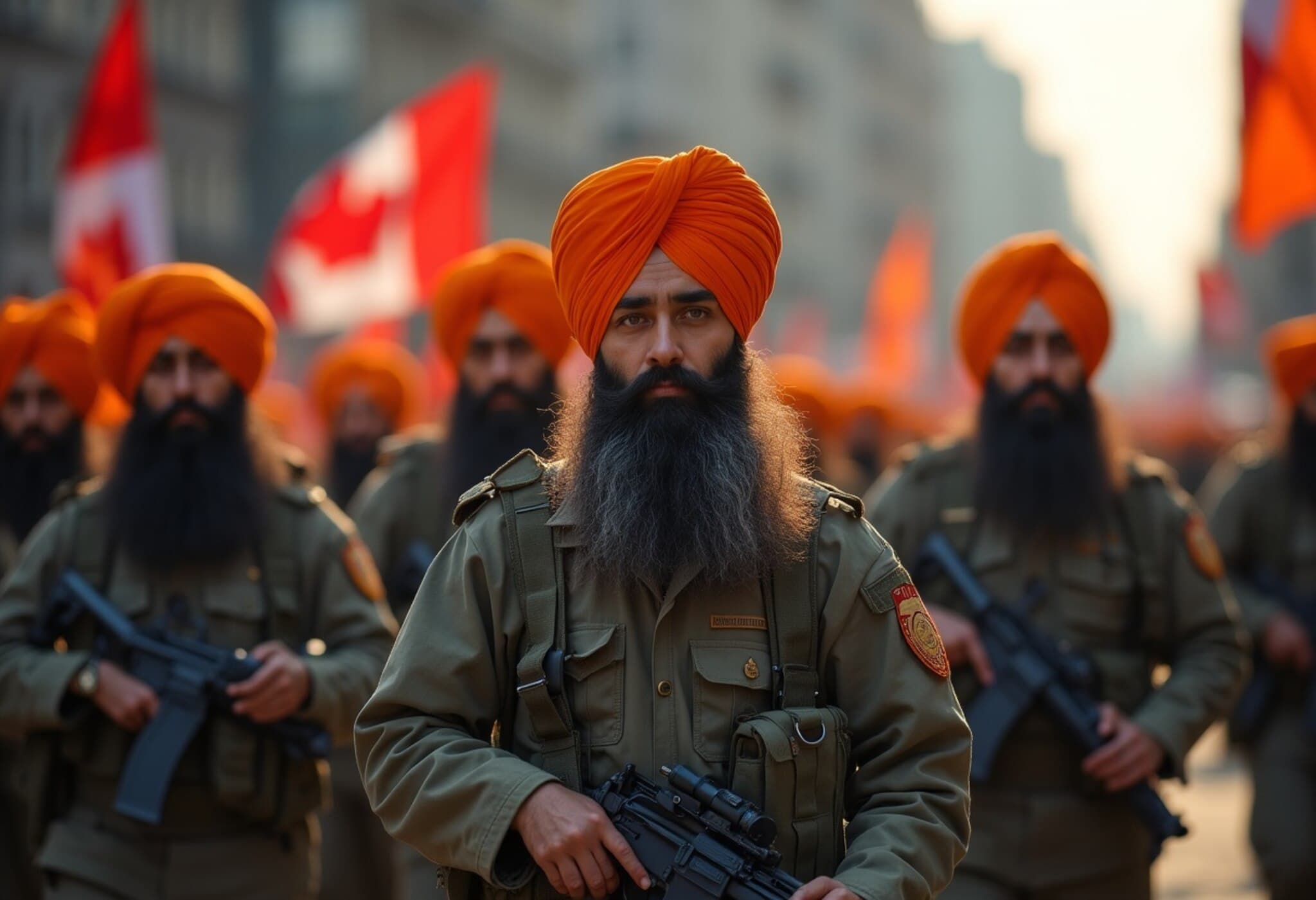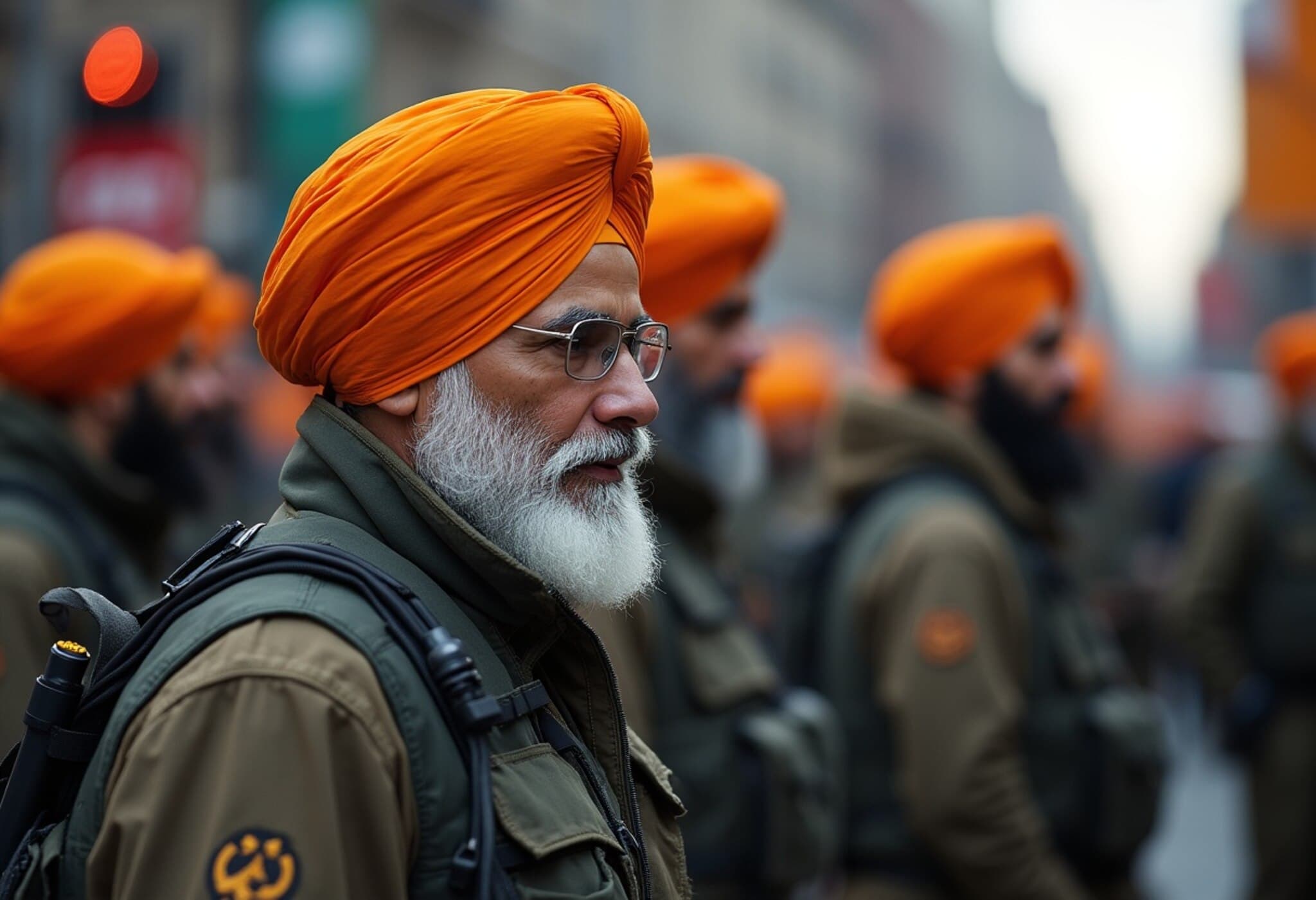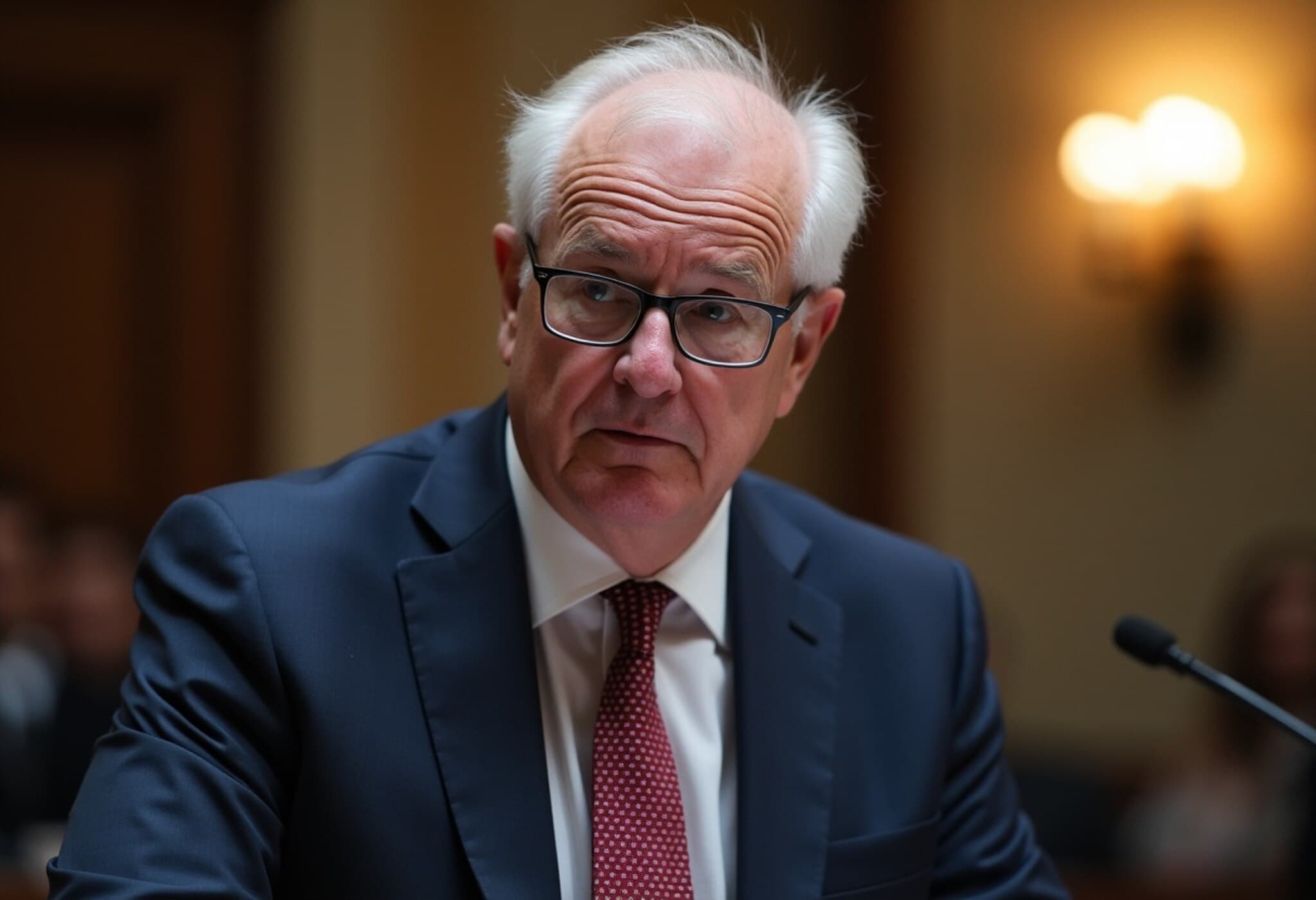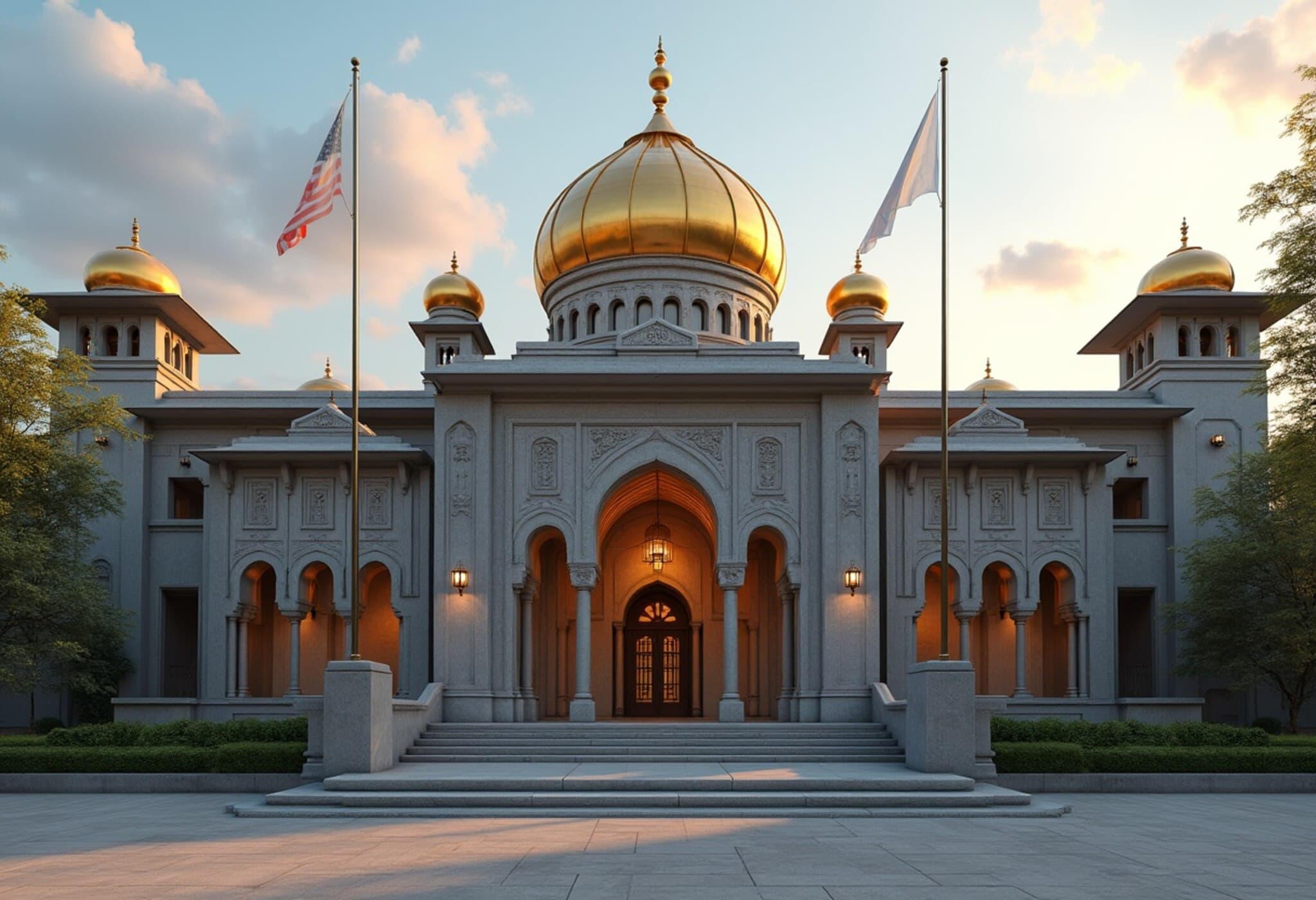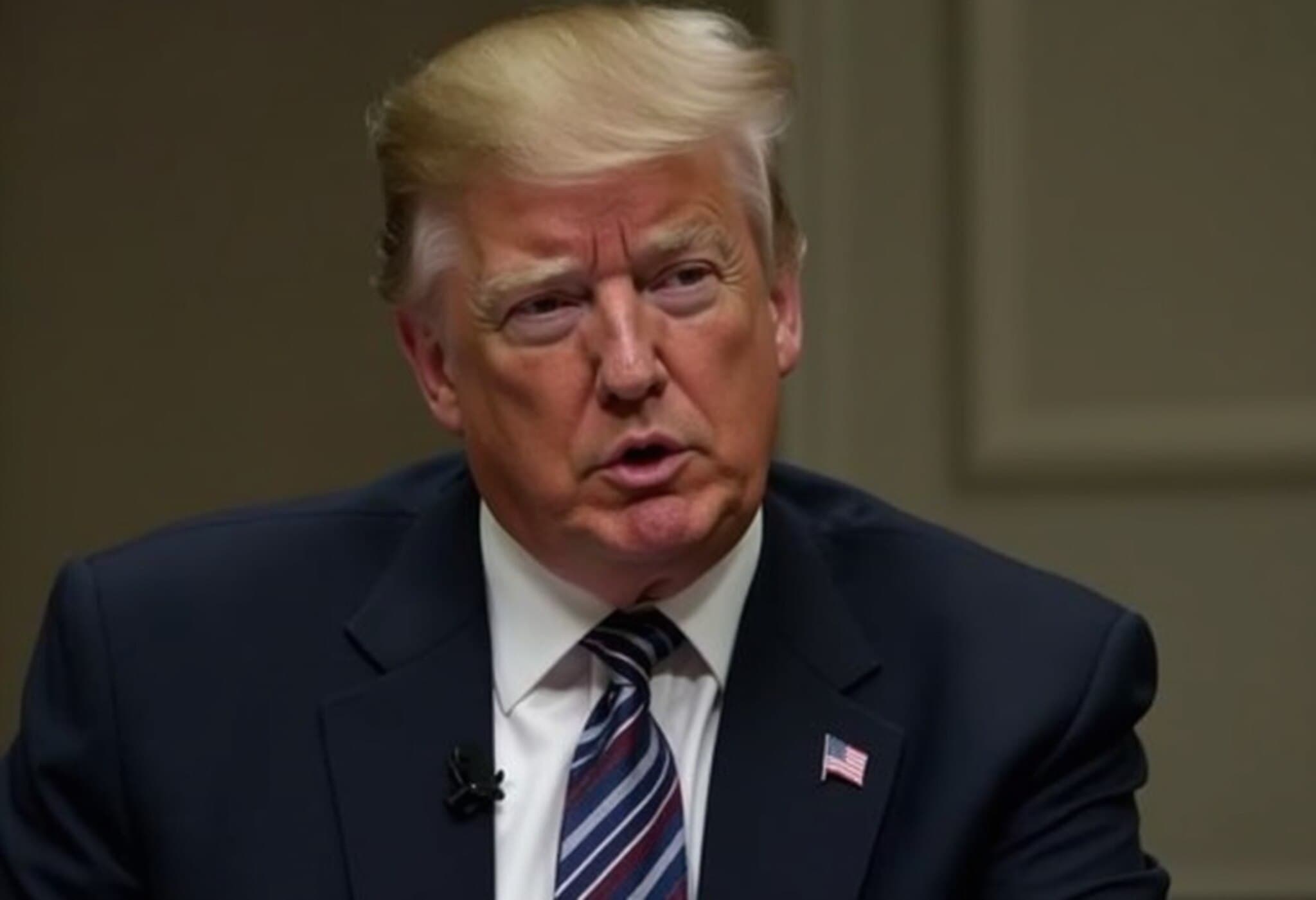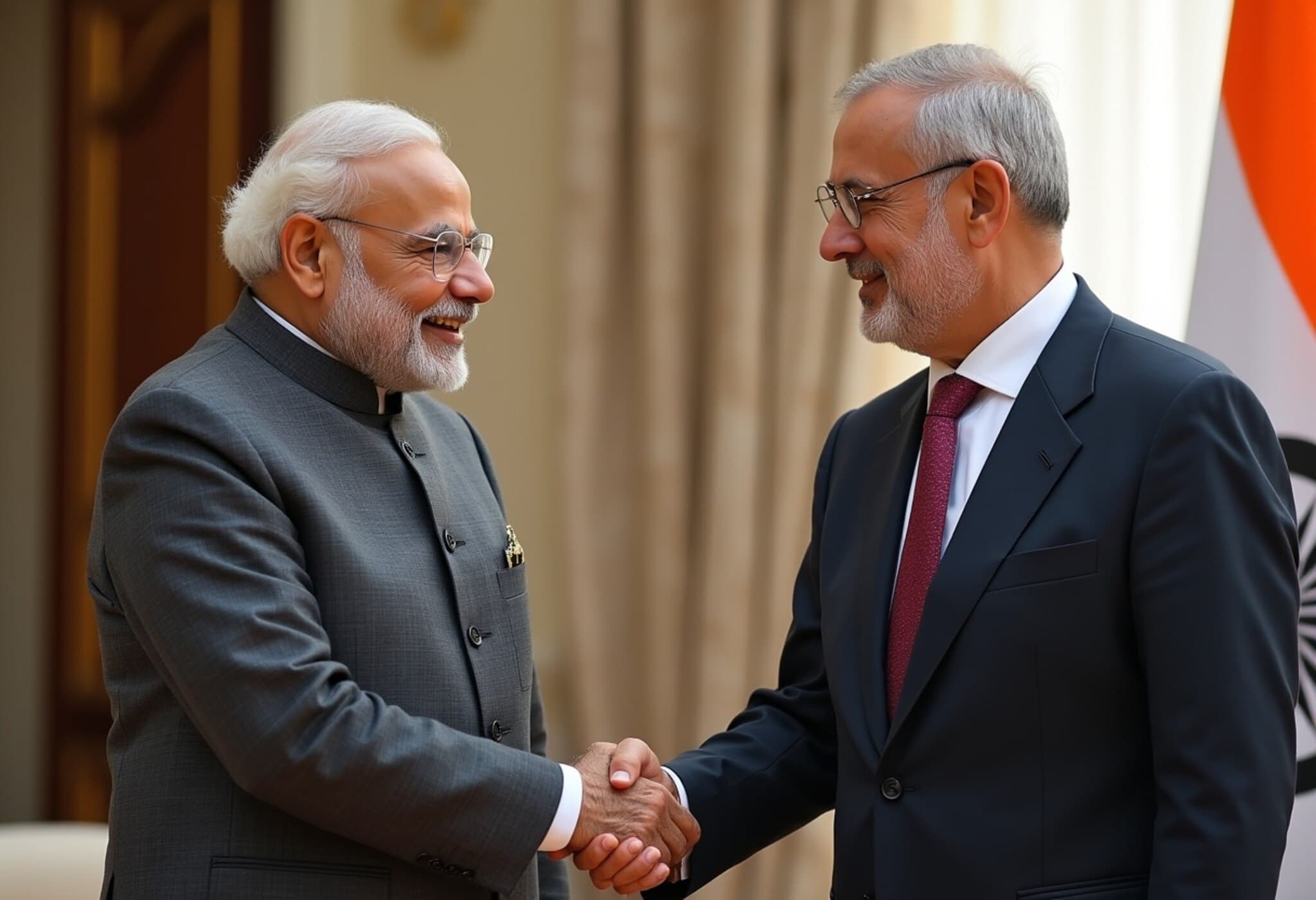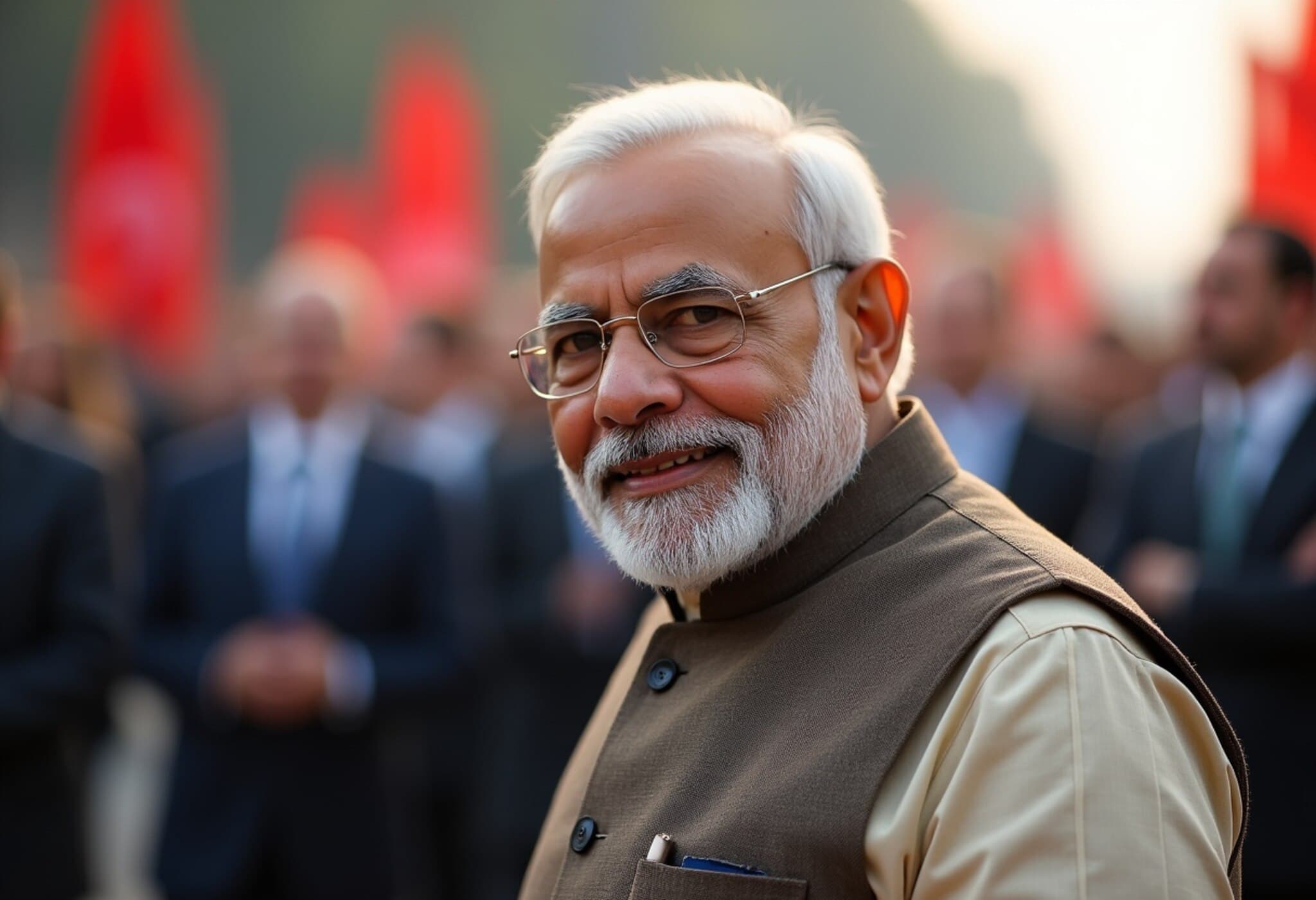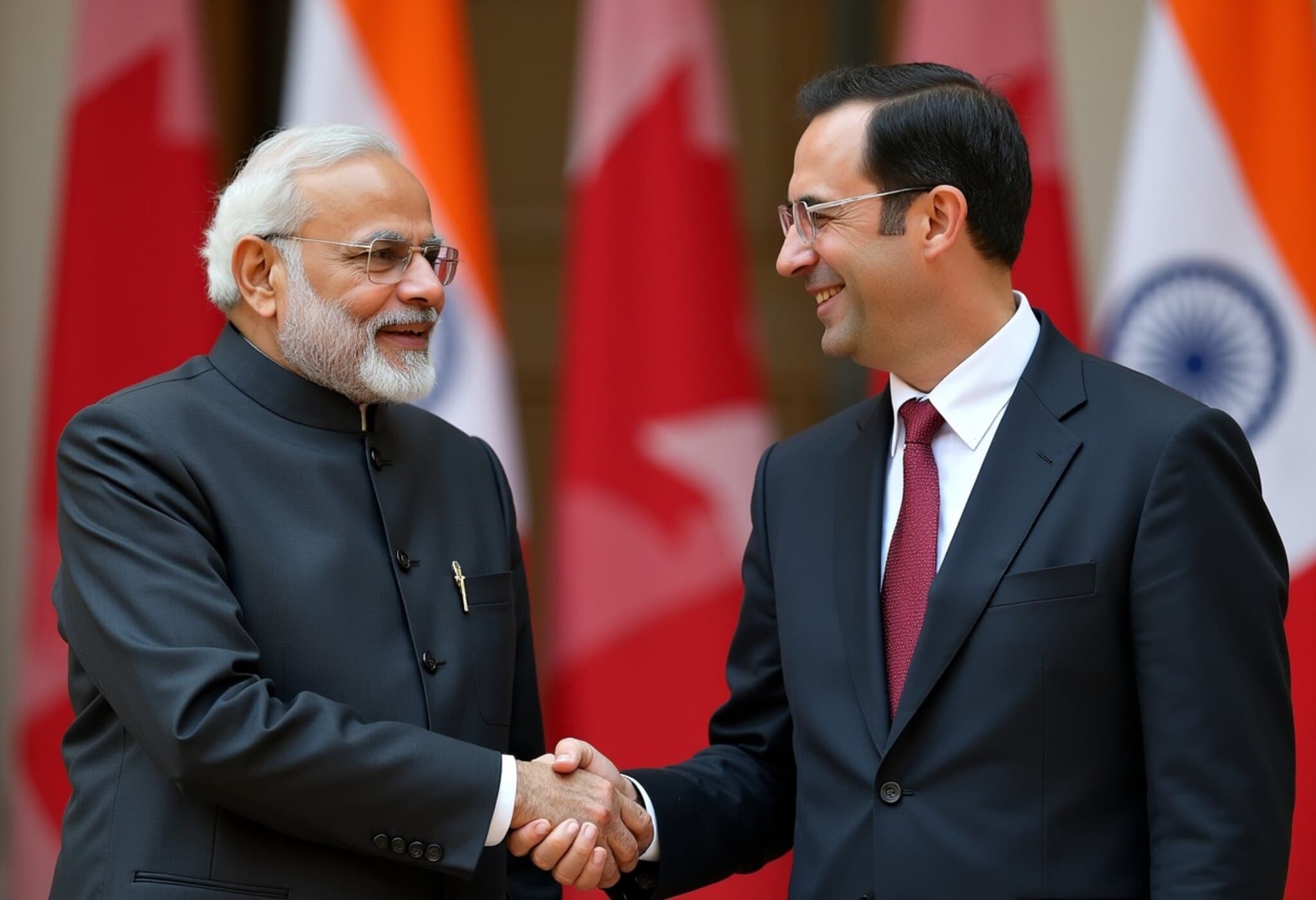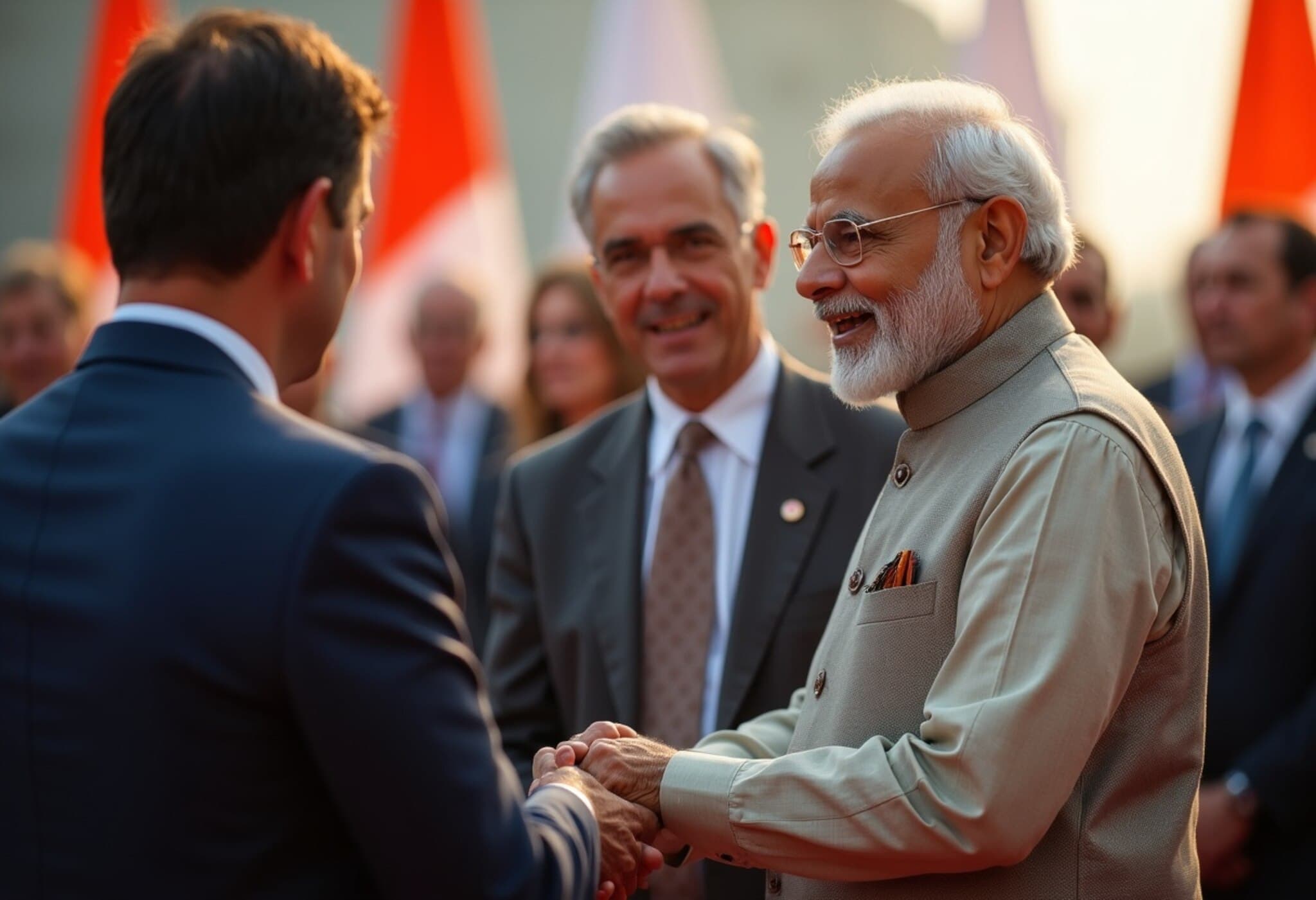Canadian Security Agency Validates India's Concerns on Khalistani Extremism
The Canadian Security Intelligence Service (CSIS) has officially recognized what India has long asserted: Canada serves as a base for Khalistani extremists promoting violence against India. According to CSIS's 2024 annual report, a subset of Khalistani extremists operating from Canadian soil are actively involved in fundraising, planning, and advocating violent actions mostly targeting regions within India.
Canada as a Launchpad for Violent Activities
The report outlines that since the mid-1980s, politically motivated violent extremism in Canada has primarily manifested through these Canada-based Khalistani extremists (CBKEs). These groups seek to establish an independent Khalistan, largely envisioned within Punjab, India, using violent means. While not all Khalistani groups in Canada engage in violence, a small faction continues to leverage Canadian territory to orchestrate activities aimed at India.
CSIS emphasizes that these individuals conduct promotion, fundraising, and planning of violent operations from Canada, reinforcing the country's role as a safe haven for such extremism. Moreover, the report points out that Indian foreign interference activities in Canada are driven, in part, by the perceived and real activities of these extremist groups.
Diplomatic Tensions Amid Security Concerns
This official acknowledgment comes at a time of heightened diplomatic friction between Ottawa and New Delhi. The strained relations notably escalated after the 2023 assassination of Hardeep Singh Nijjar, a Khalistani extremist in British Columbia. Canadian authorities linked the killing to Indian government meddling, a charge India suspended as baseless, while accusing Canada of sheltering anti-India elements.
Furthermore, CSIS's report signals that India has engaged in foreign interference within Canada aimed at curtailing the Khalistan movement, including targeting individuals across North America. This complex scenario underscores the delicate balance between national security and international diplomacy.
Restoring Diplomatic Dialogues Post G7 Summit
Following the G7 Summit in Alberta, Canadian Prime Minister Mark Carney and Indian Prime Minister Narendra Modi met to initiate a renewal of diplomatic relations. Both leaders agreed on appointing new high commissioners and resuming stalled trade discussions, an effort to stabilize ties despite underlying security concerns.
Carney defended his invitation to PM Modi in the face of criticism from some Canadian Sikh groups and parliamentarians, highlighting India’s global economic role and the necessity for constructive engagement.
Implications for Canadian National Security
The CSIS report also classifies politically motivated violent extremism as a significant national security threat within Canada, with Khalistani extremism being the predominant focus. Although no Khalistani extremist attacks were reported on Canadian soil in 2024, the persistent external involvement of these groups in violent acts presents ongoing challenges for Canadian security agencies.
Key Takeaways
- CSIS confirms that Canada-based Khalistani extremists continue to operate to promote violence in India.
- The Khalistani movement uses Canada as a safe haven for fundraising and planning violent actions.
- Diplomatic strains between Canada and India intensified following the 2023 assassination of a Khalistani extremist in British Columbia.
- G7 discussions aimed to ease tensions and revive diplomatic and trade relations.
- No violent attacks occurred in Canada in 2024, but the threat posed by these groups abroad remains concerning.

